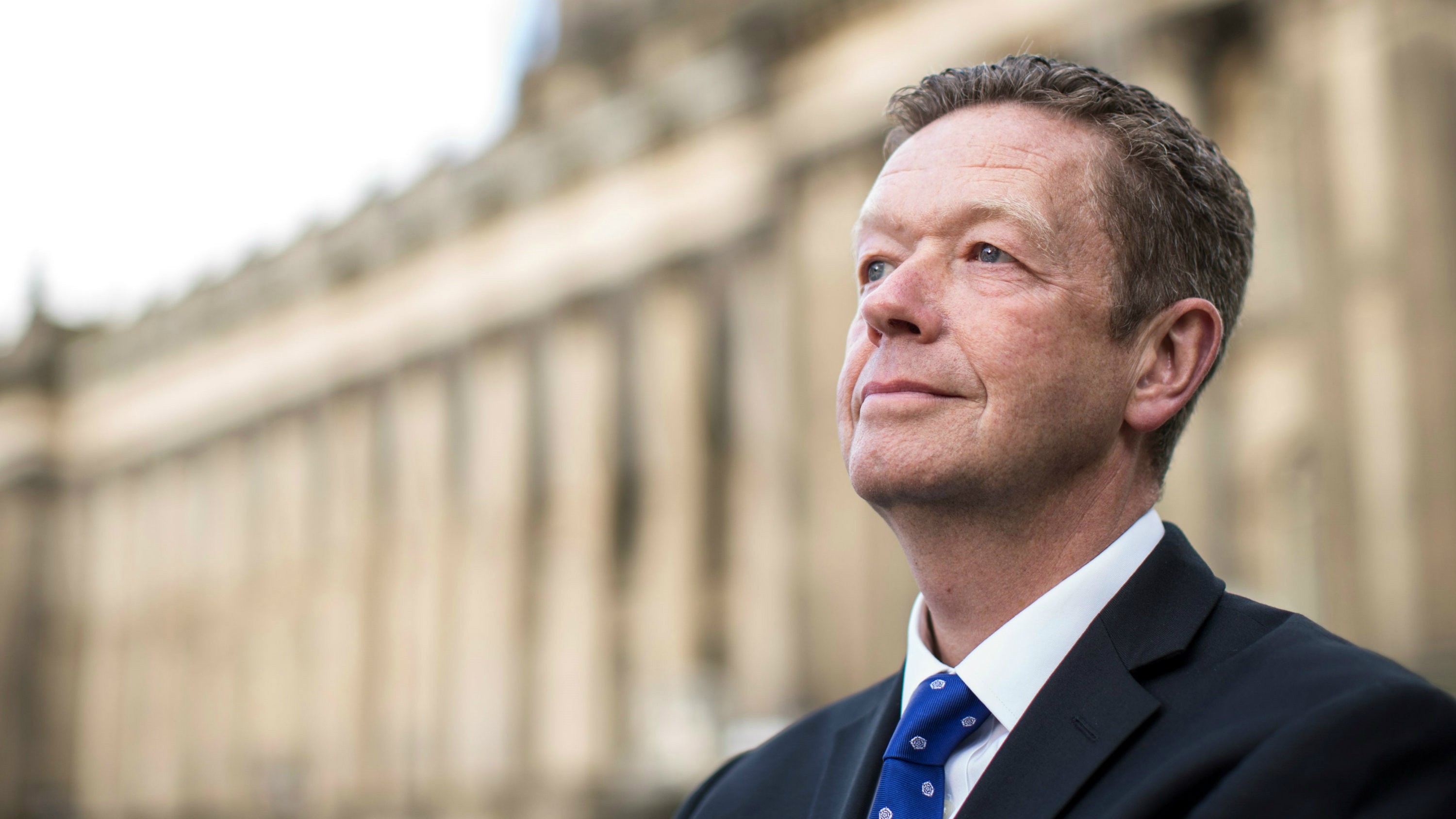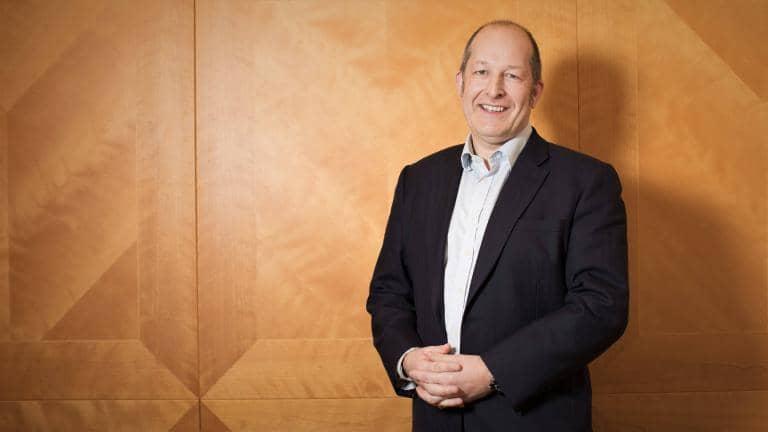
Leading Questions: Chris Greany
Chris Greany is Head of Group Investigations and Insider Threat at Barclays Chief Security Office
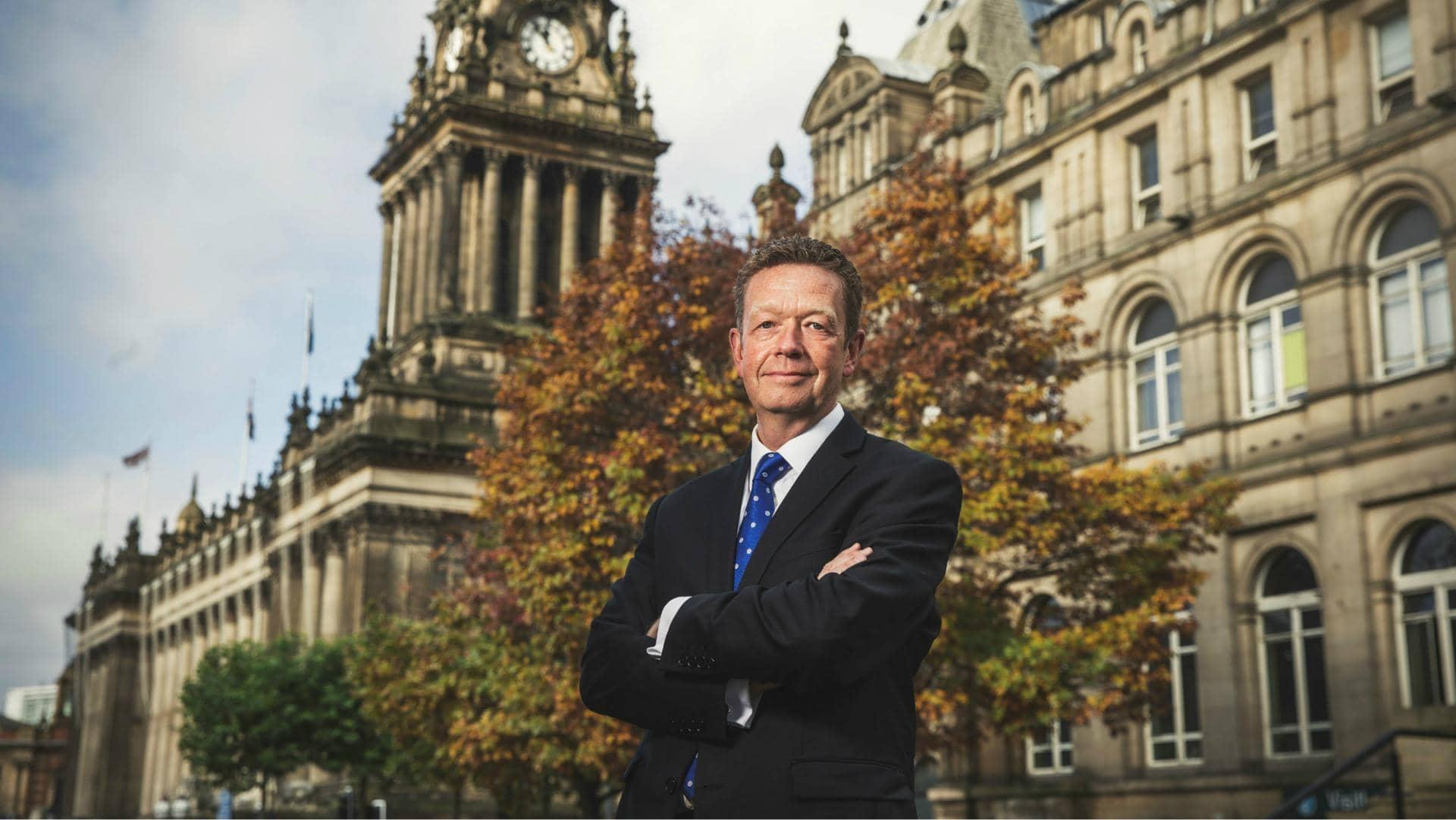
In our regular series looking at what it takes to be a good leader, we speak to Tony Walsh, Head of North for Barclays Corporate Banking. Responsible for 150 people across 10 locations in the Northern region, Walsh has a client base ranging from owner managed companies to PLCs. We talk to him about the importance of praise, keeping the balance between continuity and fresh ideas – and, after 34 years at Barclays, the benefits of knowing the business “inside out”.
What was your early work experience?
I joined Barclays in my home town of Barnsley from school as an apprentice, 34 years ago. It meant that I was very much the office junior, sending out statements, but also making tea and coffee. That gave me a basic insight into banking and how teams work together. I left school to go into employment rather than university, but I did want to carry on studying, so I did the banking exams and went to night school to do A-levels. The study ethic was still very strong in me, and that allowed me to pursue different career opportunities – I got noticed through my achievements and qualifications.
What particular skills does a good leader need?
I was quite a while into my career before I moved into a leadership role. That gave me the opportunity to observe many people, and look at what people were and weren’t doing well. Moving into my first leadership role was a big learning curve – I think everyone finds that. Leadership, first and foremost, can be very lonely. You move from being part of the team dynamic to being the boss. A lot of people struggle with that transition, and looking back now I struggled as well. In leadership, very often people come to you with problems or challenges and your role is to help and support them – not take those challenges away but to help them work out how to address them. It took me a while to really understand that was the role of a leader: 80% of everything you do in leadership is dealing with negative news and helping people, while 20% is the positives. So you have to celebrate the positives and also help people with their challenges. If you can do that, leadership becomes very fulfilling.
How do you deal with difficult situations?
I think leaders have to be naturally positive: you’re there to create a vision that means your people will follow you whatever headwinds are out here. But I think, more than that, good leaders are very good communicators. If I look back at where I’ve made mistakes in the past, often it’s because I’ve communicated poorly or inconsistently.
Leadership is about how you connect with your people and being as visible as you possibly can. You can do that in different ways – I’ve worked in teams where we’ve all been in the same office and that’s easy when you look at how the dynamic of the team works out. Now that I run the North of England for Barclays, I have leaders working for me leading teams, but they’re in an office over a hundred miles away. I have a different kind of relationship with them, but I still have to be visible. Good leaders look at communication as a core skill, look at their region, and adapt accordingly. It’s important that the feedback is two way – when things are working well, you give praise.
It’s not always a Northern trait – we don’t say “thanks” and “well done” as much as we probably should – but it is important to give praise and also share best practice. So if I have someone in the North West who’s doing a great job, I’ll not only say “well done” and encourage them, I’ll also share that with the other leaders across my business. Not so they can show off, but so that everyone can see best practice.
“ As a leader, you have to celebrate the positives and help people with their challenges – if you can do that, leadership becomes very fulfilling
What’s the best piece of advice on leadership you’ve been given?
One is: “Good leaders have good people around them, and work tirelessly to develop the people around them”. That gives the leader time to think about the business and work strategically. Also, great leaders never duck difficult decisions. That decision you want to put off and know you might not be popular for making – but you know it’s the right thing to do – you make it.
How important is top-level leadership?
There have been a lot of changes in leadership at Barclays over my career. The positive of that is when change happens, you get fresh ideas, new ways of looking at things, and fresh impetus. One of my strengths is that I have tremendous corporate memory and – after 34 years – know the organisation inside-out. What I lack, I suppose, is an outside view. And if you’re bringing new people into the business at a top leadership level, they can bring that freshness in. The balance is you need a degree of continuity. New ideas come in, but Barclays is a supertanker, and if you change direction too frequently the supertanker starts moving in different ways. So, you need new ideas, but at the same time you need continuity. It’s a balance.
How much have your family influenced your work ethic and leadership style?
My family’s influence on me and my values is huge. My mum and dad – my father in particular, who worked down a pit in Barnsley – had values to be true, and I’ve taken that right though my career and I always hold those values dear to me.

Chris Greany is Head of Group Investigations and Insider Threat at Barclays Chief Security Office
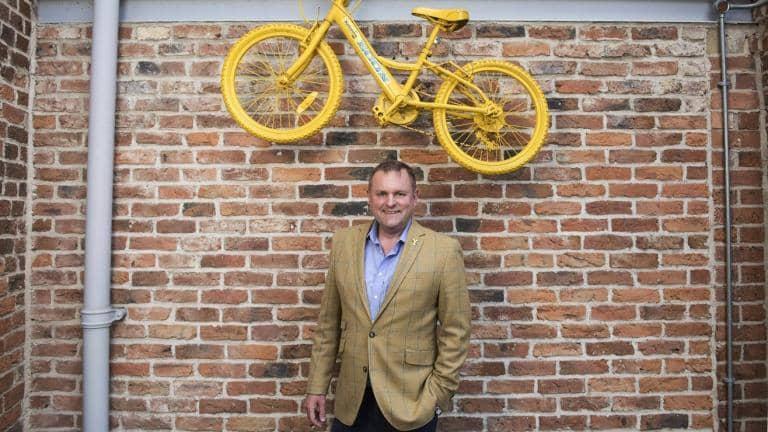
As Chief Executive of Welcome to Yorkshire, Sir Gary Verity played a crucial role in bringing the start of the Tour de France to the White Rose county for the first time

Anna Kessel is a sports journalist and the Chair and Co-founder of Women in Football
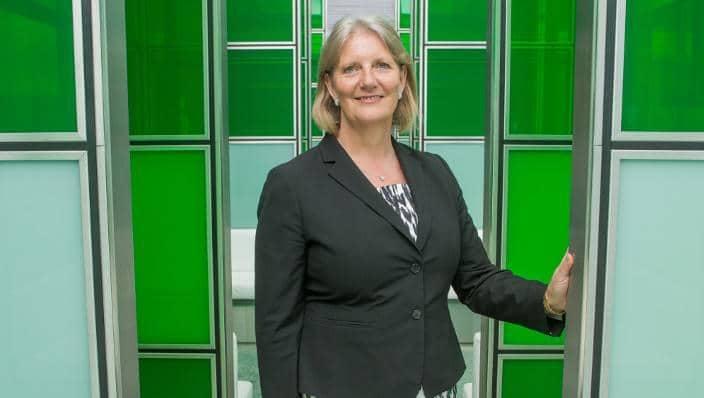
In our regular series looking at what it takes to be a good leader, we speak to Dena Brumpton, CEO of Barclays Wealth & Investments UK
